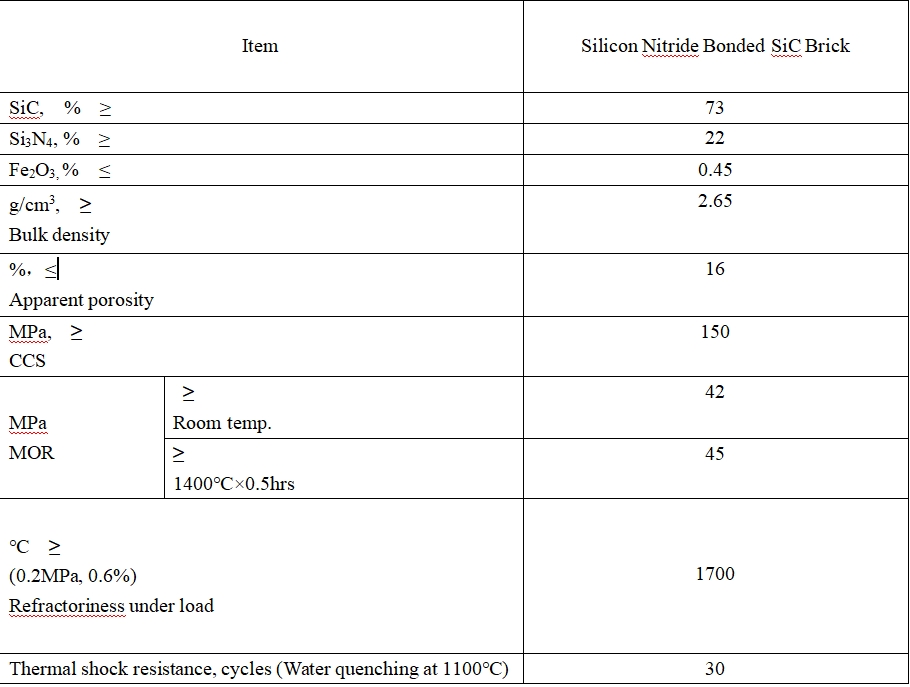
Industrial equipment faces constant challenges from high temperatures and corrosive environments, which can lead to significant operational disruptions and maintenance costs. To address these issues, corrosion-resistant sillimanite bricks have emerged as a reliable solution in various industrial applications. This article explores the material composition, performance characteristics, and practical applications of these advanced refractory products.

Sillimanite bricks are primarily composed of natural sillimanite, a mineral known for its high thermal stability and resistance to chemical attack. During the manufacturing process, these bricks undergo a high-temperature firing stage, where the original silicate structure transforms into a combination of mullite (3Al₂O₃·2SiO₂) and free silica (SiO₂). This transformation enhances the brick's structural integrity and thermal resistance.
According to industry data, the final product has a refractoriness of over 1790°C, making it suitable for use in extreme environments such as glass melting furnaces and steelmaking reactors. The presence of mullite also contributes to excellent thermal shock resistance, with a thermal shock test showing minimal cracking after 10 cycles at 1200°C.
| Property | Value |
|---|---|
| Refractoriness | ≥1790°C |
| Porosity | ≤18% |
| Compressive Strength | ≥120 MPa |
| Thermal Conductivity | 1.2–1.5 W/m·K |
| Thermal Shock Resistance | 10 cycles at 1200°C without visible damage |

Corrosion-resistant sillimanite bricks are widely used in industries that involve high-temperature and chemically aggressive conditions. One of the most common applications is in glass melting furnaces, where they provide a durable lining that resists both thermal stress and chemical erosion from molten glass and combustion gases.
In a case study conducted at a major glass production facility in Europe, the implementation of sillimanite bricks reduced furnace lining wear by 35% compared to traditional refractories. This led to extended maintenance intervals and improved operational efficiency, ultimately lowering overall production costs.
.jpg)
The use of corrosion-resistant sillimanite bricks offers multiple advantages for industrial operations. By reducing the risk of equipment failure due to thermal and chemical degradation, these bricks help maintain consistent production quality and minimize unplanned downtime. Additionally, their long service life reduces the frequency of refractory replacement, leading to cost savings over time.
For manufacturers looking to enhance their market competitiveness, investing in high-performance refractories like sillimanite bricks is a strategic move. These materials not only protect critical infrastructure but also contribute to more sustainable and efficient production processes.
In today’s competitive industrial landscape, choosing the right refractory materials is essential for ensuring operational reliability and longevity. Corrosion-resistant sillimanite bricks offer a proven solution for protecting equipment against high-temperature and corrosive environments, delivering long-term value and performance.
Don’t let equipment failure slow down your business. Explore the benefits of our high-quality sillimanite bricks and take the first step toward a more resilient production process. Contact us today to learn more and request a sample.


